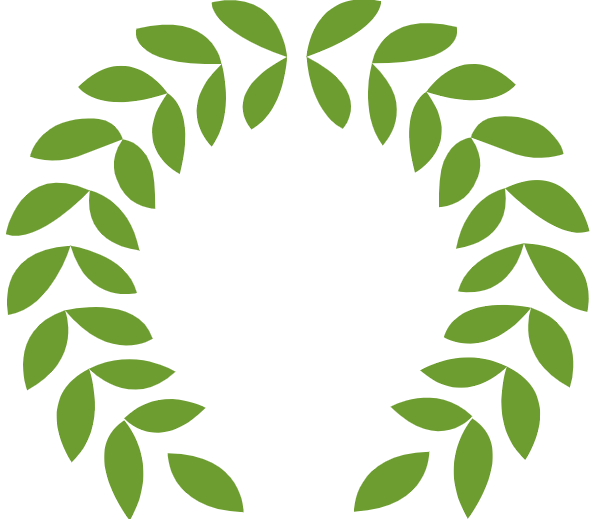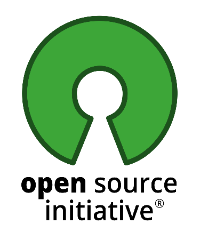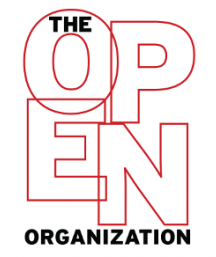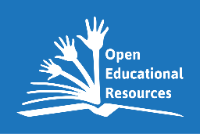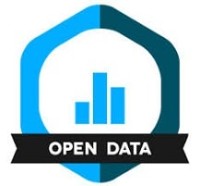Celebrating Anniversaries is much more than just throwing a party. It is also an opportunity to look back in history, to reevaluate the mission and values, and to build a new future for an organization or community.
With that in mind, Open Anniversary aims to provide an innovative and inclusive platform for the community to celebrate, remember, and reimagine the open source movement.
The celebrations will revolve around 12 themes, one for each month of the year. A major milestone was selected for each theme. The themes are presented below:
